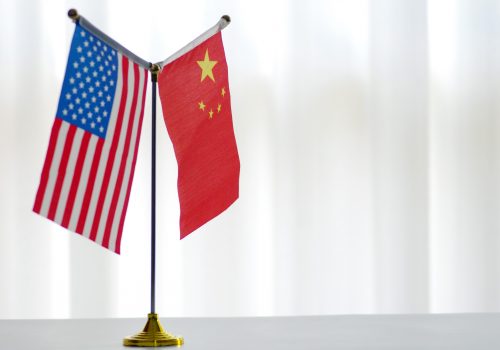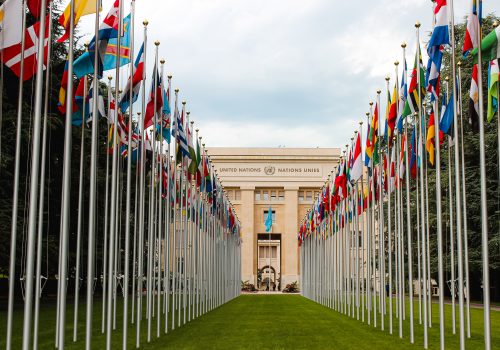An unequal world
An unequal world is probably the base case, exacerbated by the social and economic effects of the ongoing pandemic. In this future, emerging technologies have deepened divisions and inequalities instead of leveling the playing field domestically and internationally. With governments struggling to understand the social impacts of the new technologies, there have not been enough initiatives to counter the invidious effects of technological advances. The economic slowdown due to Covid-19 is likely to have further incapacitated governmental efforts, as they are starved of the resources needed to invest in raising education and skill levels, for example. With opportunities drying up at home, more of India’s AI developers have emigrated to the United States and Europe, where there is increased demand for their expertise, irrespective of tightening immigration policies. Those that remain at home build applications for Western firms, have only their wealthy customers in mind, and create a two-level economy and society. Given the aftermath of combined health and economic crises, governments do not have the bandwidth to move ahead on data-sharing regulations that would boost responsible AI use and development.
With Covid-19, low-skilled workers have been hit the hardest and their overall wealth has declined as income inequality worsens and businesses try to automate further to recapture profit margins. At the same time, AI-based automation is moving up the value chain and more skilled professions see increasing disruption and fears of job insecurity. For the lucky ones, comprehensive algorithms will add to human-machine partnerships, but many will see their professions disappear—a process accelerated with increased digitalization efforts due to the pandemic.
In this world, the United States and China are still in an AI race, but not to the point of eliminating all cooperation with each other. Consumed by growing domestic instabilities, there’s an incentive for both to cooperate minimally. There is more norm-setting led by the European Union, which builds on its privacy standards (GDPR), and the EU Commission and member states push for international regulation of dual-use AI-based technologies, such as autonomous weapons. The G20 develops benchmarks for AI safety and security at the front end, with the hope of preventing future cybersecurity problems that occurred in earlier internet days. Because of the provisions for norm-setting, standards on e-commerce, and increasingly AI-based technologies, more countries, even outside of the Pacific region, are joining the Comprehensive and Progressive Agreement for Trans-Pacific Partnerships (CPTPP). There remains competition nevertheless and the United States and Europe worry about the expansion of Chinese 5G technology to Belt and Road countries. Once the US-developed ORAN software becomes competitive, Huawei’s attractiveness is diminished for many countries outside of the Chinese orbit and the United States further increases its investments in AI technologies, consolidating its traditional leadership role.
The full text of this report is split across a collection of articles to give readers the opportunity to browse in any order. To return to the main page click here.

The GeoTech Center champions positive paths forward that societies can pursue to ensure new technologies and data empower people, prosperity, and peace.

